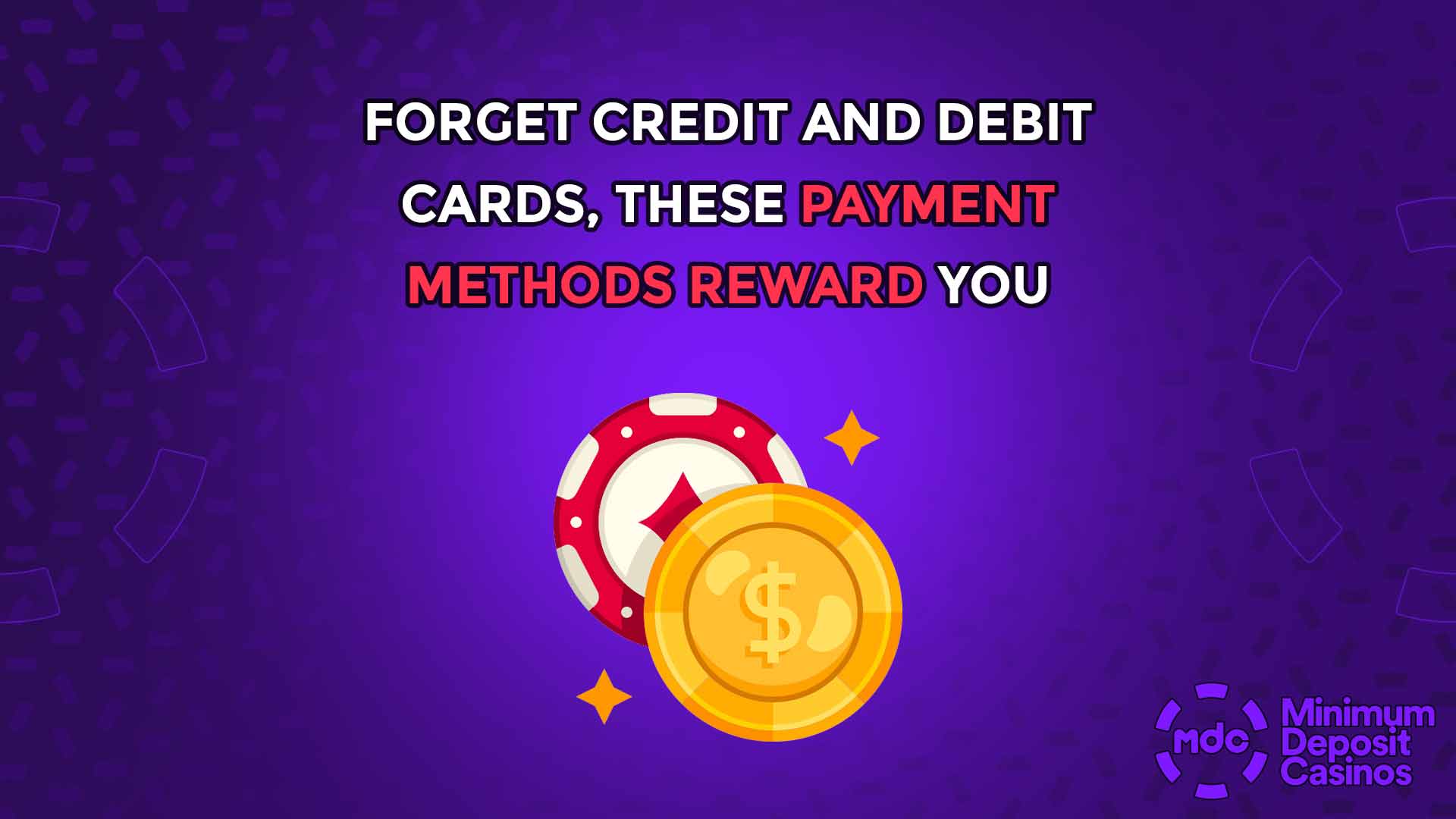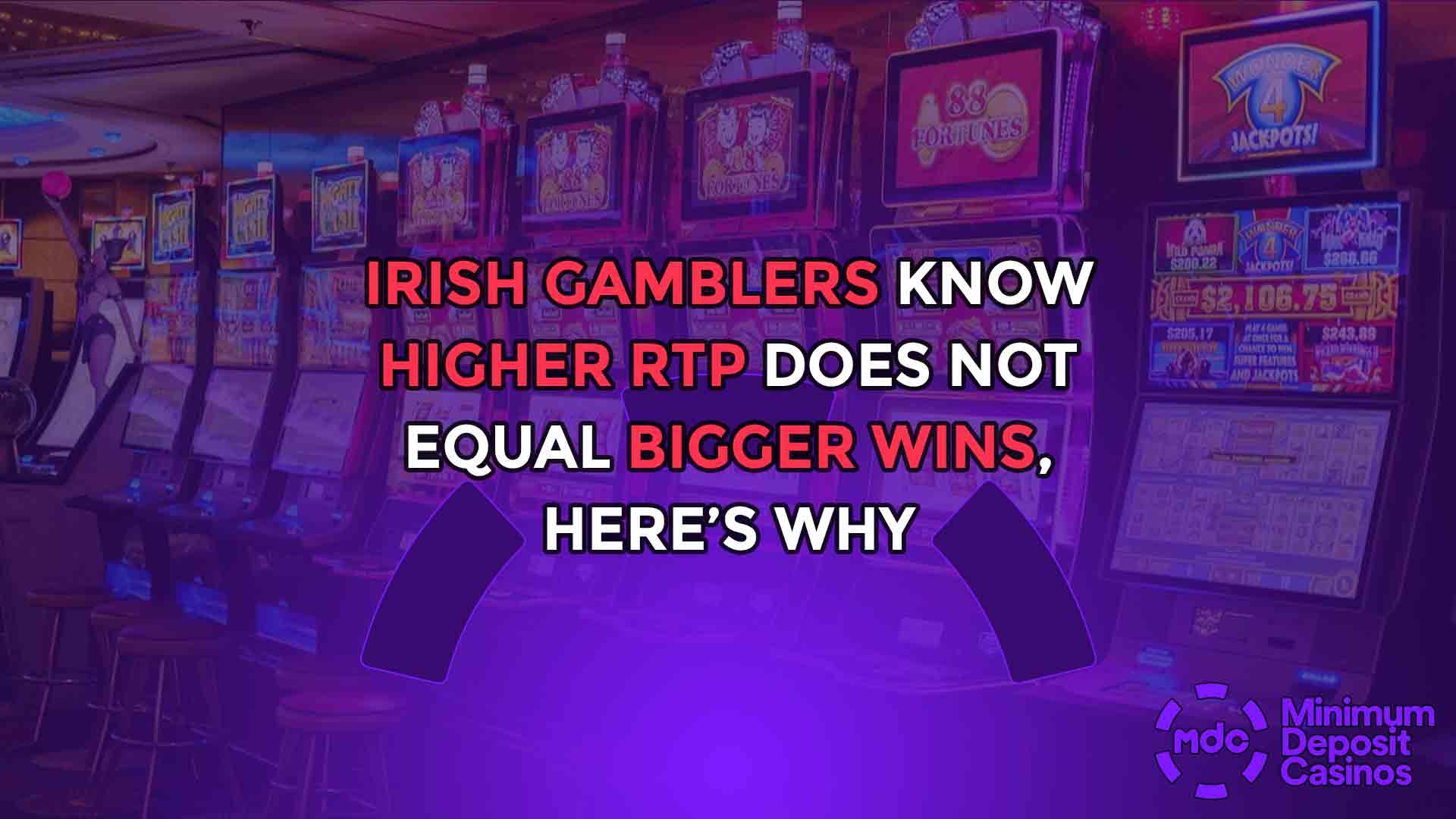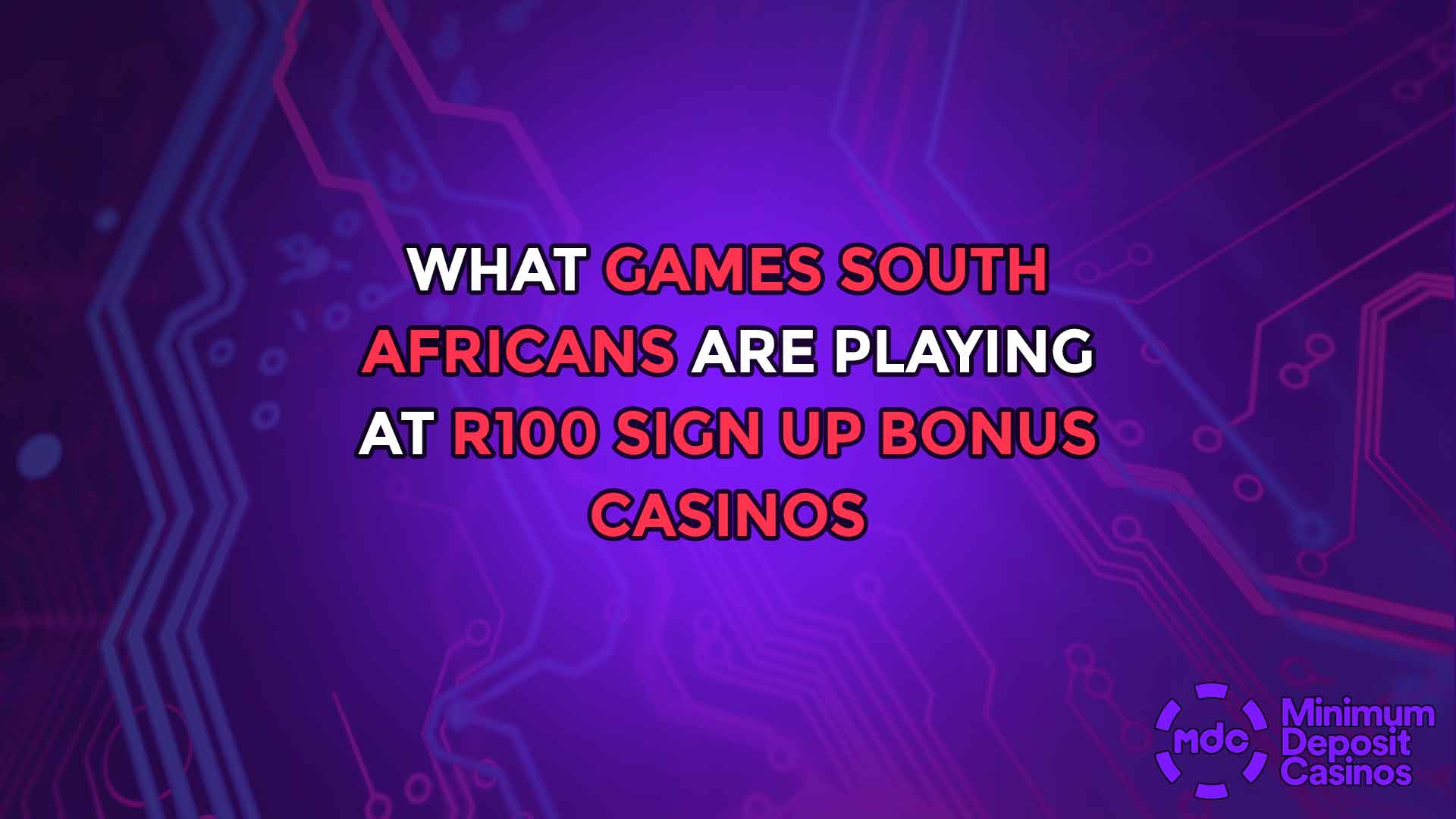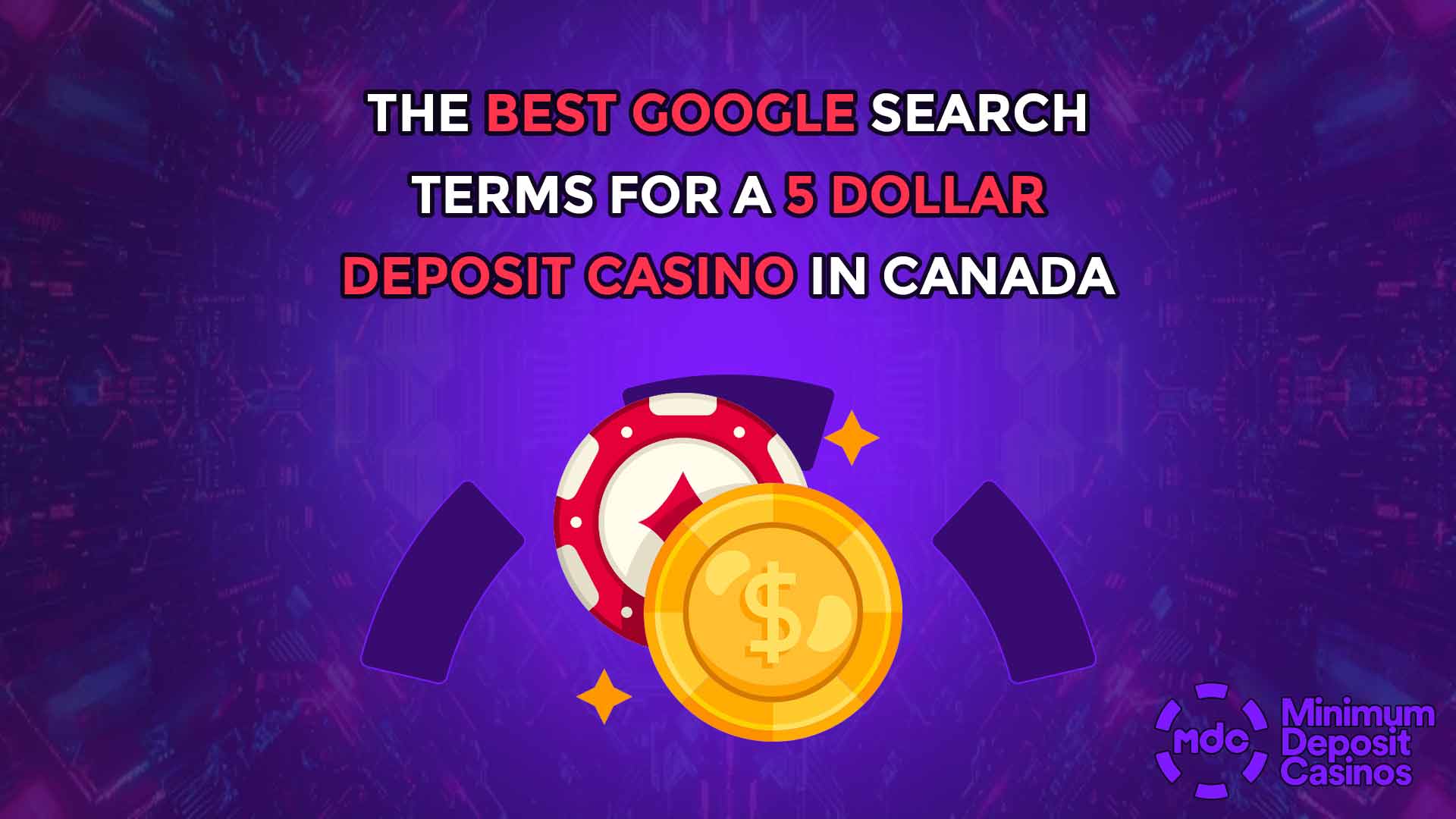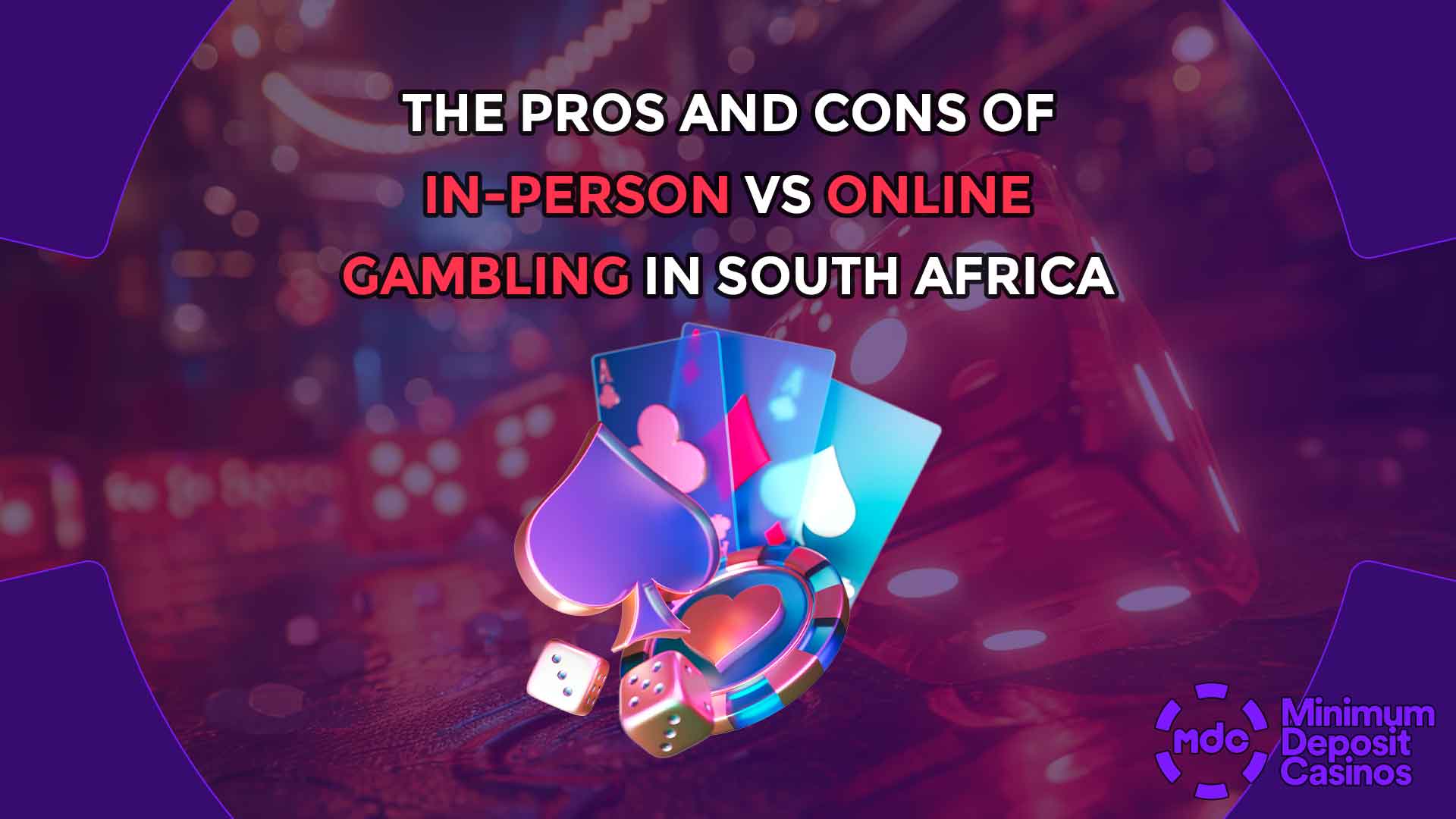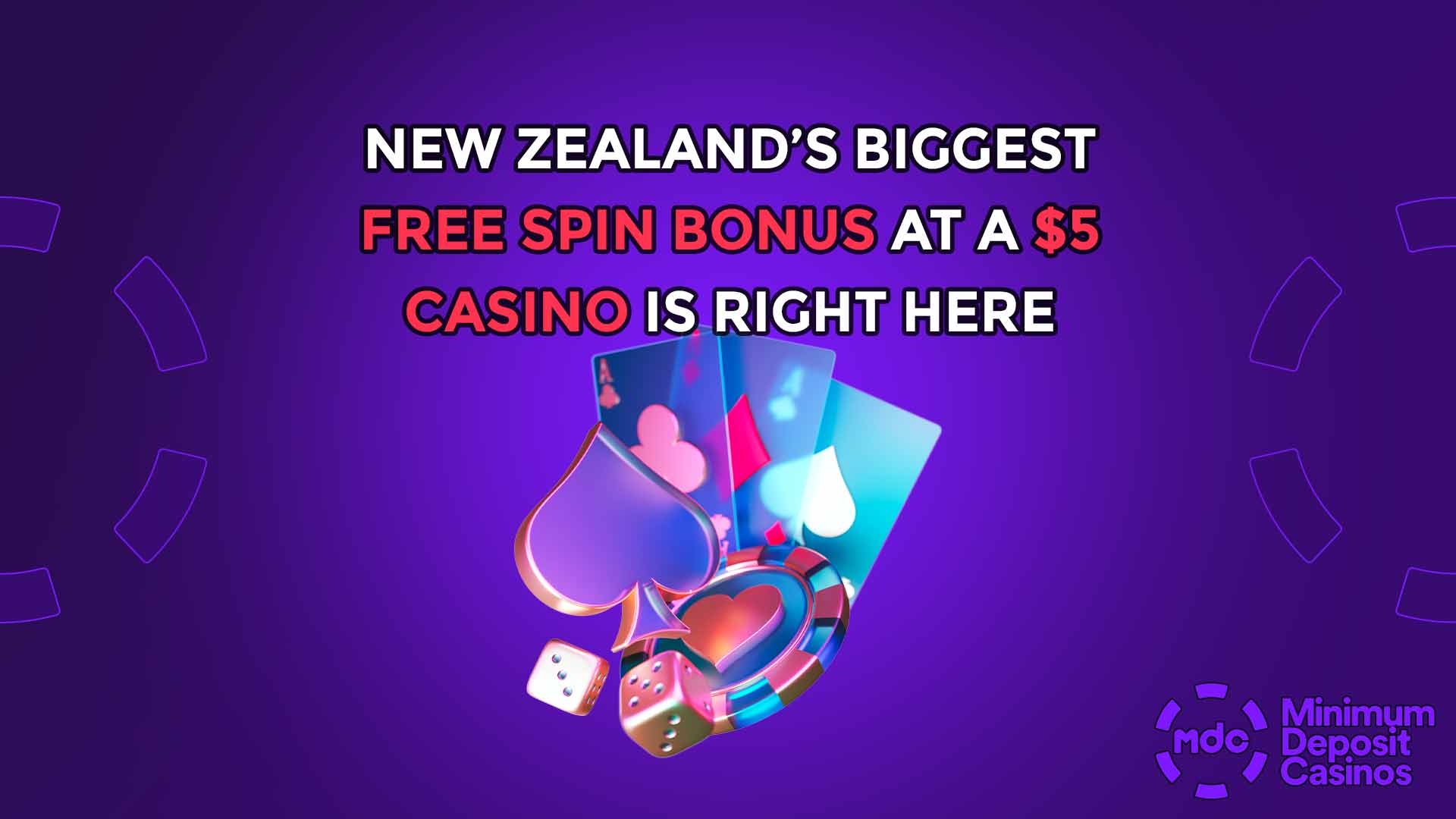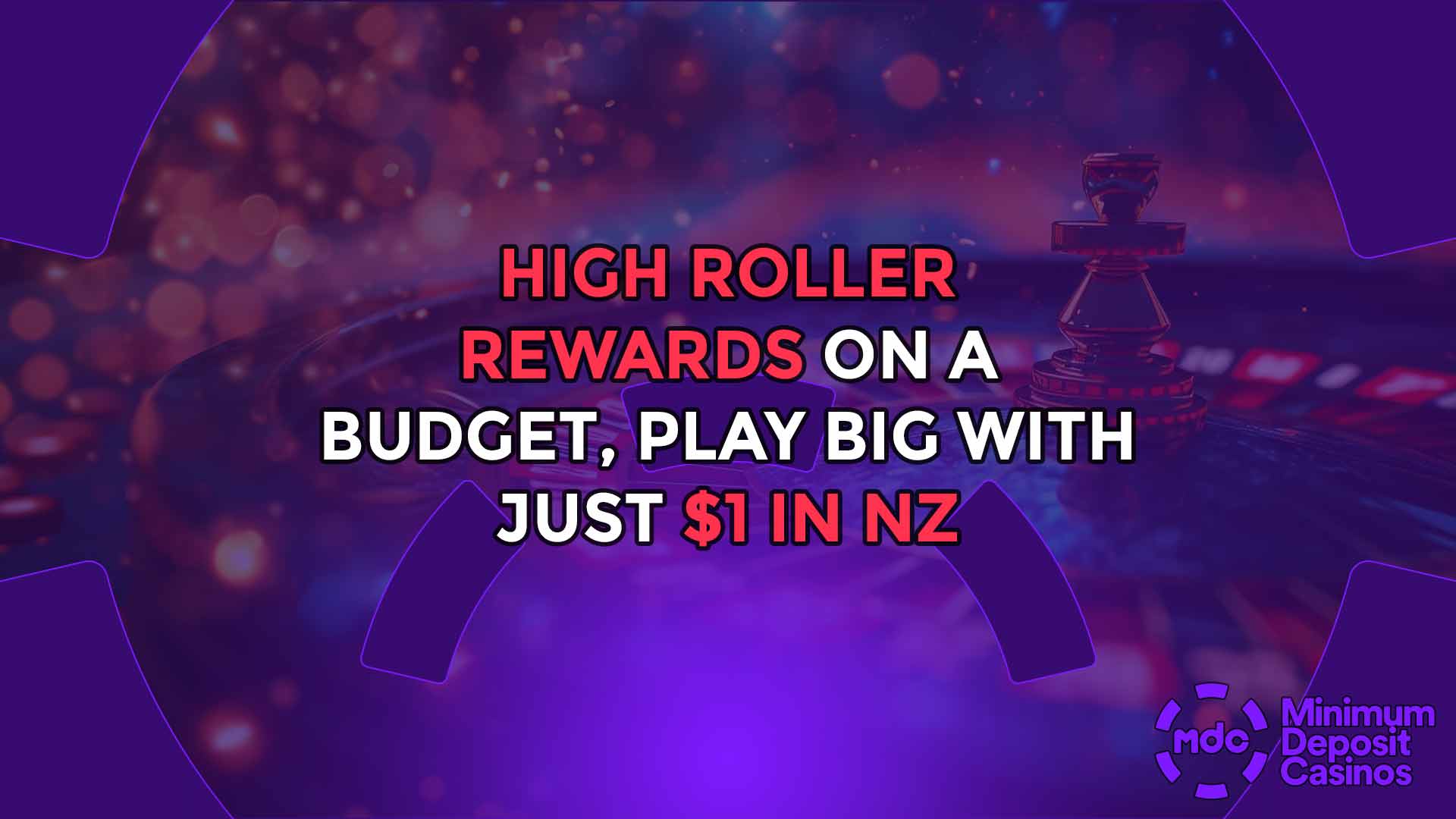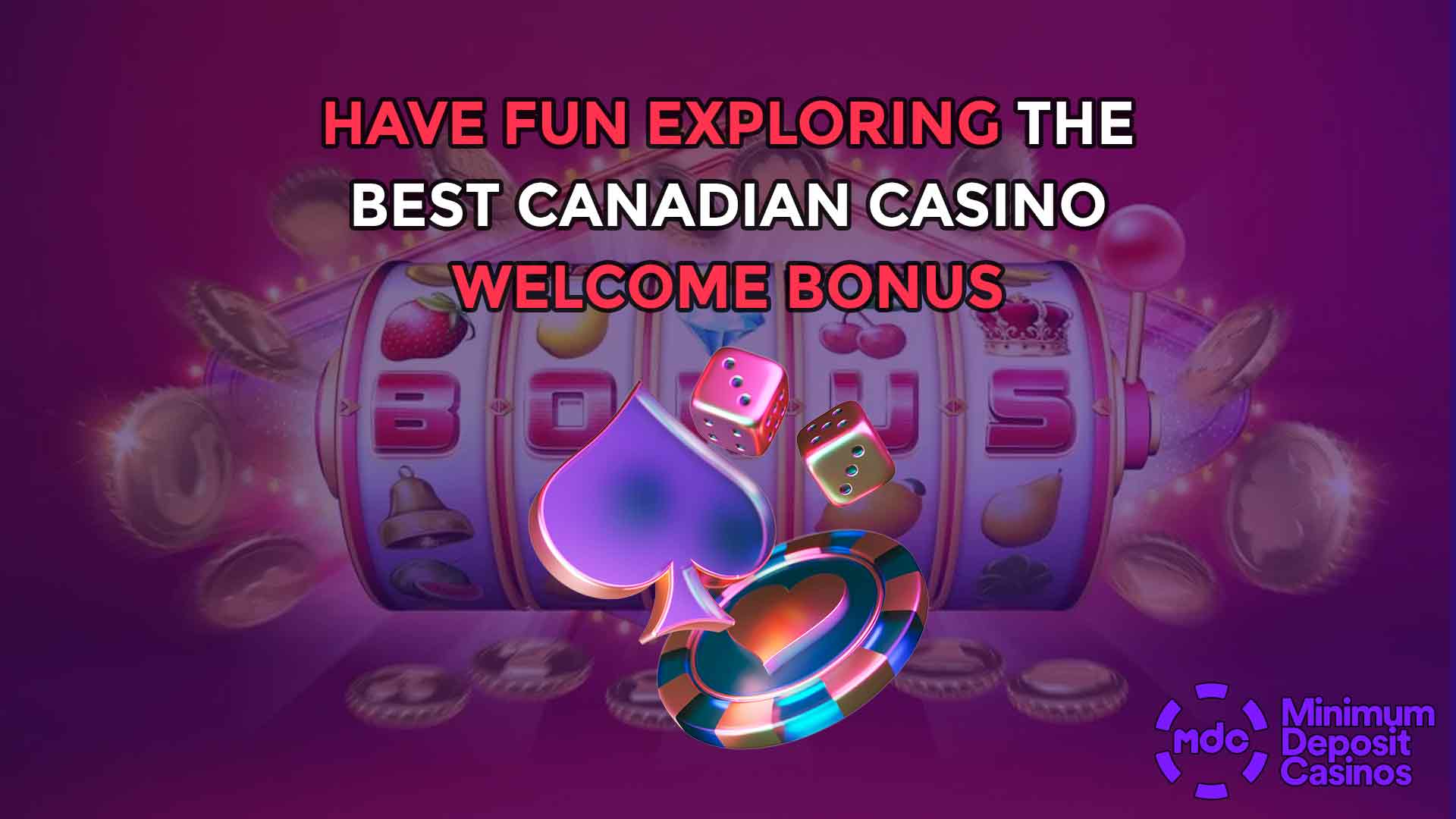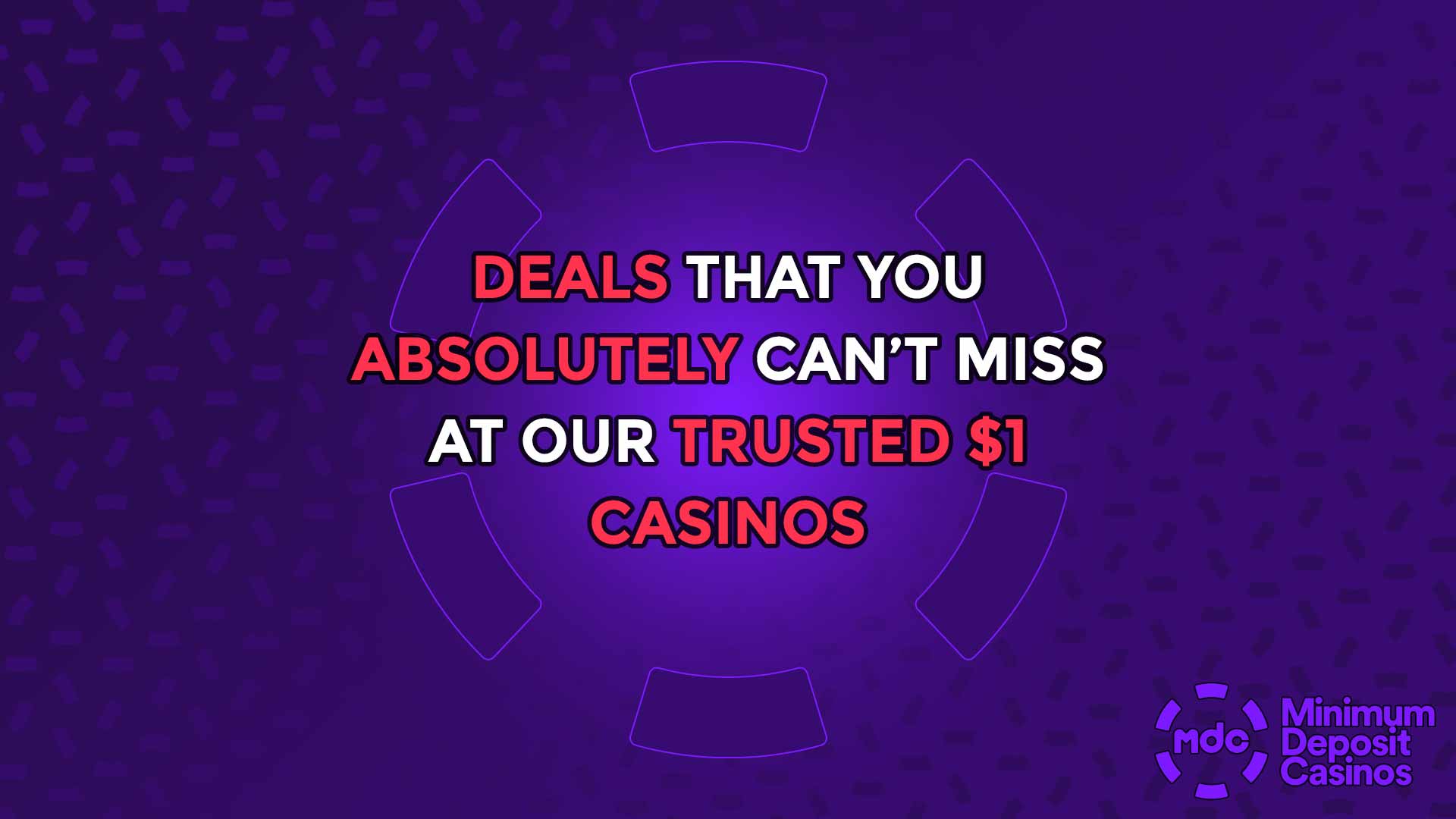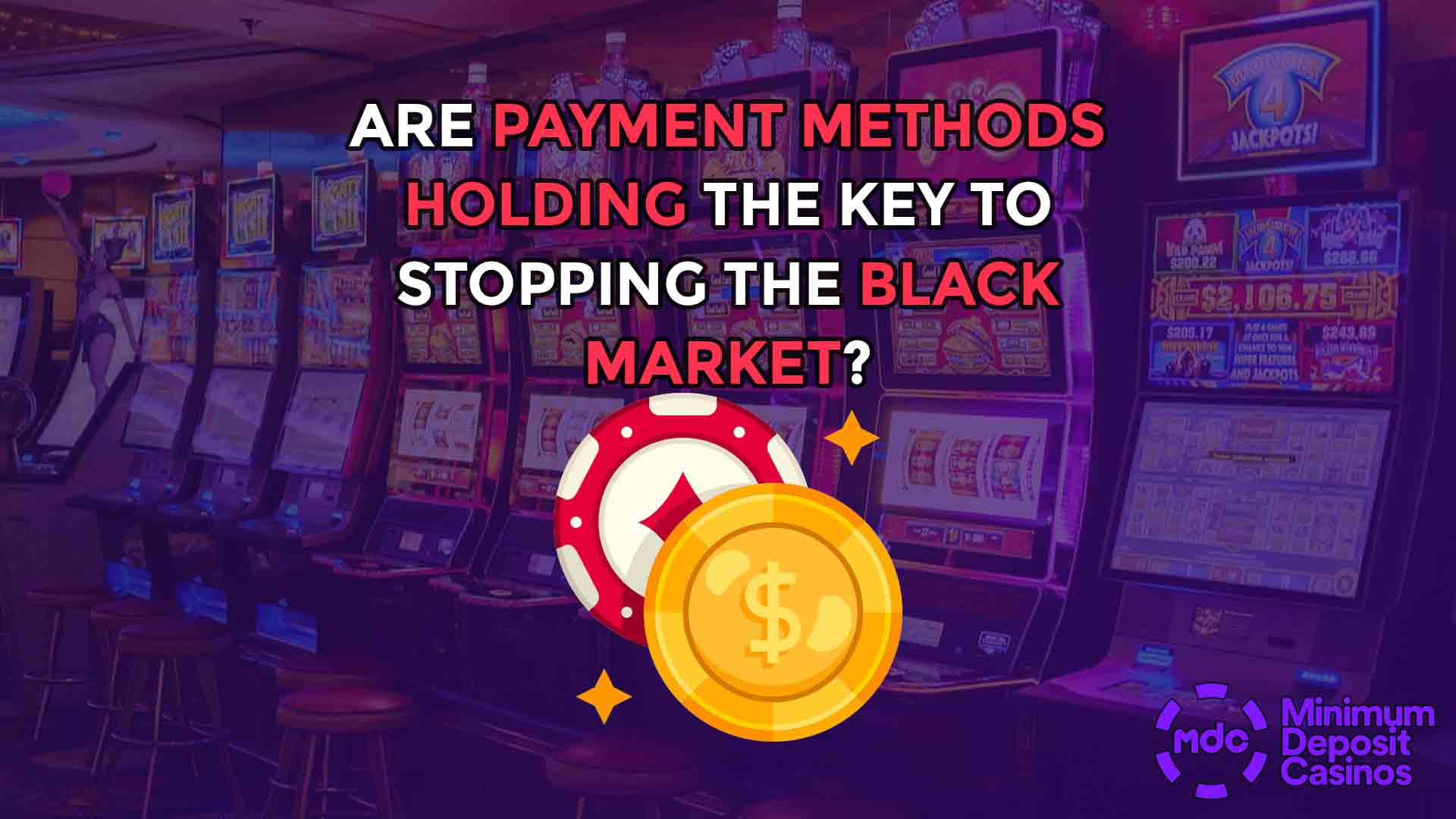
Are Payment Methods Holding the Key to Stopping the Black Market?
Despite the UK Gambling Commission’s (UKGC) effort to block illegal sites, black market online casinos still operate, allowing UK players to place real money wagers. These casinos operate in the UK without an official license from the UKGC, making them illegal. While the Gambling Commission has been working for years to prevent players from using these sites, the efforts have not eradicated the menace completely.
Some of the measures the UKGC has implemented include partnering with payment providers to stop transactions to and from unlicensed gambling sites. Partnering with payment providers makes sense because players can only place real money wagers once they fund their gaming accounts. So, if payment providers cooperate with the UKGC, black market casinos could be wiped out completely.
UK Gambling Commission’s Constant Battle Against Black Market Operators
Black market operators are not only unsafe and unregulated but also operate outside the UK laws. They’re known for taking advantage of UK players with shady business practices, unfair games, and blocking payouts to players who have already made deposits. For these reasons, the Gambling Commission has been actively working to block black market casinos from operating in the UK gambling market.
Here is how UKGC has been combating black market gambling:
- Payment Blocking: Players must transfer funds to their casino accounts in order to play for real money. To this end, the UKGC has partnered with payment providers, such as PayPal, to block transactions to and from unlicensed online casinos. This cuts the financial flow, making it harder for black market casinos to operate.
- Blocking Illegal Sites: The UKGC works with search engines, such as Google, to remove black market casinos from search results. The Commission also partners with Internet Service Providers (ISP) to block access to unlicensed online casinos.
- Industry Collaborations: The commission works with international regulators to shut down or fine online casinos operating in the UK illegally.
- Enforcement: The UKGC has a team that’s mandated to identify and take action against black market operators.
- AI Monitoring Tools: The commission uses advanced data analytics and tools to identify illegal sites. The tools also track affiliate marketing, ensuring promotions don’t lead players to black market operators.
The Role of Payment Methods in Unregulated Gambling
Payment options play a big role in enabling unregulated gambling. They enable illegal gambling in the following ways:
- Accessibility and Ease of Use: Unlicensed gambling sites accept a wide range of payment methods, making it easier for players to deposit and withdraw funds. They accept payment options like e-wallets, prepaid cards, cryptocurrencies, and credit/debit cards. The easier it is to transfer funds, the more likely players are to engage in illegal gambling.
- Anonymity and Privacy: Most black market operators accept anonymous payment methods, allowing players to make transactions without revealing their identity. For example, they accept crypto transactions, which are hard to trace.
- Bypassing Legal Restrictions: Black market casinos are using some tactics to bypass banking restrictions. For example, some have been routing transactions through intermediary companies, making it harder for UKGC to track them.
While the Gambling Commission has been actively working to stop black market operators, there are challenges to tracking and blocking illicit transactions. One of the challenges is jurisdictional limitations, where black market operators are hosted in other countries. UK laws don’t apply in these countries, making it harder for the UKGC to enforce takedowns effectively.
Another challenge is the use of encryption and privacy tools such as VPNs. These privacy tools mask the real IP address of users, making it harder for the Gambling Commission and payment providers to track illicit transactions.
The use of anonymous payment methods such as cryptocurrencies has also been a big challenge. These banking methods don’t require users to reveal their identities, making it harder for authorities to intercept illicit transactions.
PayPal, Visa, and Mastercard Have Agreed to Help Block Black Market Deposits
Three world’s biggest payment methods, Visa, Mastercard, and PayPal, entered into a voluntary agreement with the UK Gambling Commission to prevent payments to unlicensed gambling sites. The agreement was reached in 2014, with the payment providers agreeing to prevent their networks from being used for illegal gambling activities.
While the cooperation marks a significant milestone, some reports indicate that these payment providers facilitate payments to black market operators. Mastercard and Visa, for example, have been accused of processing payments for unlicensed gambling sites in the UK. Investigations done in 2025 indicate that Mastercard was offered as a payment method on 9 unlicensed gambling websites targeting UK players. Visa was also available on two of those gambling sites.
In April 2020, the UK Gambling Commission made another regulatory milestone after banning credit card gambling. This prohibition applies to most forms of gambling, including online gambling, betting shops, and lottery tickets (when purchased online). The ban, however, doesn’t apply to non-remote lotteries.
The rising cases of problem gamblers in the UK informed the decision to ban credit card gambling. Investigations done by the UKGC indicated that 22% of online gamblers who use credit cards to make transactions are problem gamblers.
Visa and Mastercard Under Fire for Allowing Deposits to Go Through
Visa and Mastercard have recently been at the centre of controversies after allowing payments to and from unlicensed gambling sites in the UK. An investigation done by Observer in 2025 indicated that Mastercard was offered on 9 websites which were accused of scamming UK customers. Visa was also available on two unlicensed gambling sites.
Visa and Mastercard are believed to be profiting from these deals, where they earn a fee for every transaction made. While addressing the issue, a Mastercard spokesperson said that they have zero tolerance for illegal activities. The spokesperson further noted that when an issue is raised, it is investigated so it could take the appropriate action.
Visa dismissed the allegations, saying that illegal activities on its network were “explicitly and unequivocally” prohibited. “We take this very seriously and investigate all reports of illegal activity,” a spokesperson noted. He further added that the company has “no direct relationship with merchants” but works with partners to terminate those selling illegal services and “constantly invests” in “best-in-class technology” to enforce compliance.
Another investigation done by Observer revealed that most credit card payments were made using PaymentIQ, a payment tool used in high-risk business sectors. This tool channels transactions through different financial institutions, circumventing certain security procedures.
In its response, Worldline, a French company that owns PaymentIO, said that its tool is neutral and doesn’t control customer funds or process payments. “PaymentIQ has no responsibility for ensuring that scheme rules and the merchant’s acquiring partners fulfil their obligations,” a spokesperson said.
The UK Gambling Commission, on its part, said it was working hard to wipe up the unregulated market. The Commission said it was issuing over 770 cease and desist notices and referring 100,000+ URLs to Google for removal. However, the UKGC CEO Andrew Rhodes noted that “phoenixing” was one of their biggest challenges. This is where new gambling websites are created after taking down the illegal ones.
Cryptocurrencies are the Haven of Black Market Casinos
Despite the Gambling Commission working actively to regulate online gambling, crypto has emerged as a powerful tool for black market casinos. Crypto has helped black market casinos evade detection in the following ways:
- Anonymity and Privacy: Unlike fiat currencies, cryptocurrencies, such as Bitcoin and Ethereum, are pseudonymous. This means you don’t need to link your name or bank account to the crypto wallet. With just a wallet address, you can transfer funds to online casinos without being traced. Most casinos that accept crypto also have no KYC checks.
- Crypto is Decentralized: Cryptocurrencies are decentralized, meaning no authority or person controls the system. To this end, crypto transactions cannot be blocked, making it even harder for the UKGC to regulate crypto gambling.
- Global Reach: Crypto’s global acceptance allows black market casinos to serve UK customers while operating offshore. Even if a casino is blocked in the UK, it can receive crypto payments and operate without being noticed.
While crypto gambling is on the rise, especially at black market casinos, the UK government has taken some steps to address the issue. For example, the UK Gambling Commission requires any gambling site accepting cryptocurrency to get a license and operate with the same standards as fiat gambling sites.
Gambling sites must also comply with Anti Money Laundering (AML) requirements, regardless of the currency used. This includes verifying players’ identities, sources of funds or wealth, and reviewing sources of income.
The Financial Conduct Authority (FCA) also plays a vital role in ensuring that crypto businesses comply with all established financial regulations. The authority requires operators to register under its AML policy.
Is Cracking Down on Payment Methods the Way Forward?
While cracking down on payment methods won’t wipe up black market casinos completely, it’s the most viable solution. Why? Every gambling site requires players to transfer funds to their accounts to play for real money. When players win, they will also need to withdraw funds. This means payment methods are a must-have for every gambling site.
Without easy ways to transfer funds to and from casinos, black market casinos become less accessible and less attractive. Payment method providers need to work closely with the Gambling Commission in order to protect players from black market casinos.
While Mastercard, Visa, and PayPal have already voluntarily agreed to block payments to unlicensed sites, there is a lot that still needs to be done. Some operators are already signing up as merchants via third parties, gaining access to Visa and Mastercard payment networks. Cryptocurrencies are also on the rise, offering anonymous, untraceable transactions.
